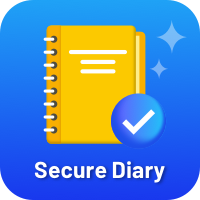-
Antivirus Tip: Try to keep your filing system simple as multiple levels of files will prove to be a be disaster when you need a certain file for safety reasons.
-
Antivirus Tip: Never respond to spam and turn off e-mail read receipts. This way you can prevent scammers from confirming if your e-mail address is correct.
-
Antivirus Tip: You would not accept strange gifts from strangers, adopt the same principle for e-mails and e-mail attachments.
-
Antivirus Tip: Sometimes criminals send e-mails that look like they are legitimately from large companies – always take the time to verify these e-mails.
-
Antivirus Tip: Analyse everything you read online, as a majority of the information online can easily be twisted maliciously, such as the ads you read.
-
Antivirus Tip: Do not use the same password for multiple accounts. Use long, varied passwords, and a different one per account.
-
Antivirus Tip: Be proactive about IT security, and constantly read up about new updates and the latest in tech news to be aware of recent developments.
-
Antivirus Tip: Some free programs, in some aspects, work better than their paid counterparts. Always do research to see which program suits your needs.
-
Antivirus Tip: Only install software from trusted sites, as non-secure sites could install additional, and potentially, malicious programs.
-
Antivirus Tip: If you receive a message, text or e-mail from an unknown contact you can not verify, do not respond and delete the communication.
Antivirus Tech
N$3 / day













